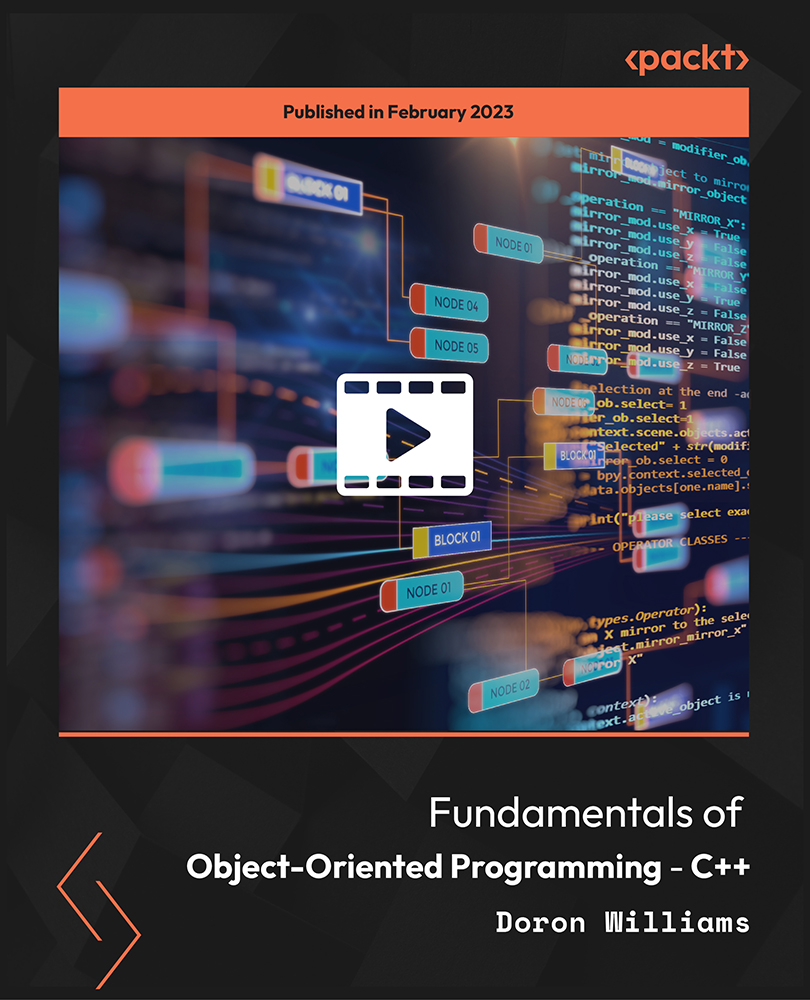On 17th December, Wave Computing announced that it will put MIPS on open source, with MIPS Instruction Set Architecture (ISA) and MIPS’ latest core R6 to be made available in the first quarter of 2019.
With a vision to “accelerate the ability for semiconductor companies, developers and universities to adopt and innovate using MIPS for next-generation system-on-chip (SoC) designs”, Wave computings’ MIPS Open program will give participants full access to the most recent versions of the 32-bit and 64-bit MIPS ISA free of charge, without any licensing or royalty fees. Under this program, participants will have full access to the most recent versions of the 32-bit and 64-bit MIPS ISA free of charge – with no licensing or royalty fees. Additionally, participants in the MIPS Open program will be licensed under MIPS’ existing worldwide patents.
Addressing the “lack of open source access to true industry-standard, patent-protected and silicon-proven RISC architectures”, Art Swift, president of Wave Computing’s MIPS IP Business claims that MIPS will bring to the open-source community “commercial-ready” instruction sets with “industrial-strength” architecture, where “Chip designers will have opportunities to design their own cores based on proven and well-tested instruction sets for any purposes.”
Lee Flanagin, Wave’s senior vice president and chief business officer further added in the post that the MIPS Open initiative is a key part of Wave’s ‘AI for All’ vision. He says that “The MIPS-based solutions developed under MIPS Open will complement our existing and future MIPS IP cores that Wave will continue to create and license globally as part of our overall portfolio of systems, solutions and IP. This will ensure current and new MIPS customers will have a broad array of solutions from which to choose for their SoC designs, and will also have access to a vibrant MIPS development community and ecosystem.”
The MIPS Open initiative further will encourage the adoption of MIPS while helping customers develop new, MIPS-compatible solutions for a variety of emerging market applications from third-party tool vendors, software developers and universities.
RISC-V versus MIPS?
Considering that the RISC-V instruction set architecture is also free and open for anyone to use, the internet went abuzz with speculations about competition between RISC-V and MIPS and the potential future of both. Hacker news also saw comments like: “Had this happened two or three years ago, RISC-V would have never been born.”
In an interview to EE Times, Rupert Baines, CEO of UltraSoC, said that “Given RISC-V’s momentum, MIPS going open source is an interesting, shrewd move.” He observed, “MIPS already has a host of quality tools and software environment. This is a smart way to amplify MIPS’ own advantage, without losing much.”
Linley Gwennap, principal analyst at the Linley Group compared the two chips and stated that, “The MIPS ISA is more complete than RISC-V. For example, it includes DSP and SIMD extensions, which are still in committee for RISC-V.”. Calling the MIPS software development tools more mature than RISC-V, he went on to list down the benefits of MIPS over RISC: “MIPS also provides patent protection and a central authority to avoid ISA fragmentation, both of which RISC-V lacks. These factors give MIPS an advantage for commercial implementations, particularly for customer-facing cores.”
Hacker News and Twitter are bustling with comments on this move by Wave computing. Opinions are split over which architecture is more preferable to use. For the most part, customers appear excited about this news.
https://twitter.com/corkmork/status/1074857920293027840
https://twitter.com/plessl/status/1074778310025076736


You can head over to Wave Computing’s official blog to know more about this announcement.
The Linux and RISC-V foundations team up to drive open source development and adoption of RISC-V instruction set architecture (ISA)
Arm releases free Cortex-M processor cores for FPGAs, includes measures to combat FOSSi threat
SpectreRSB targets CPU return stack buffer, found on Intel, AMD, and ARM chipsets
Unlock access to the largest independent learning library in Tech for FREE!
Get unlimited access to 7500+ expert-authored eBooks and video courses covering every tech area you can think of.
Renews at €18.99/month. Cancel anytime
 United States
United States
 Great Britain
Great Britain
 India
India
 Germany
Germany
 France
France
 Canada
Canada
 Russia
Russia
 Spain
Spain
 Brazil
Brazil
 Australia
Australia
 Singapore
Singapore
 Canary Islands
Canary Islands
 Hungary
Hungary
 Ukraine
Ukraine
 Luxembourg
Luxembourg
 Estonia
Estonia
 Lithuania
Lithuania
 South Korea
South Korea
 Turkey
Turkey
 Switzerland
Switzerland
 Colombia
Colombia
 Taiwan
Taiwan
 Chile
Chile
 Norway
Norway
 Ecuador
Ecuador
 Indonesia
Indonesia
 New Zealand
New Zealand
 Cyprus
Cyprus
 Denmark
Denmark
 Finland
Finland
 Poland
Poland
 Malta
Malta
 Czechia
Czechia
 Austria
Austria
 Sweden
Sweden
 Italy
Italy
 Egypt
Egypt
 Belgium
Belgium
 Portugal
Portugal
 Slovenia
Slovenia
 Ireland
Ireland
 Romania
Romania
 Greece
Greece
 Argentina
Argentina
 Netherlands
Netherlands
 Bulgaria
Bulgaria
 Latvia
Latvia
 South Africa
South Africa
 Malaysia
Malaysia
 Japan
Japan
 Slovakia
Slovakia
 Philippines
Philippines
 Mexico
Mexico
 Thailand
Thailand
















